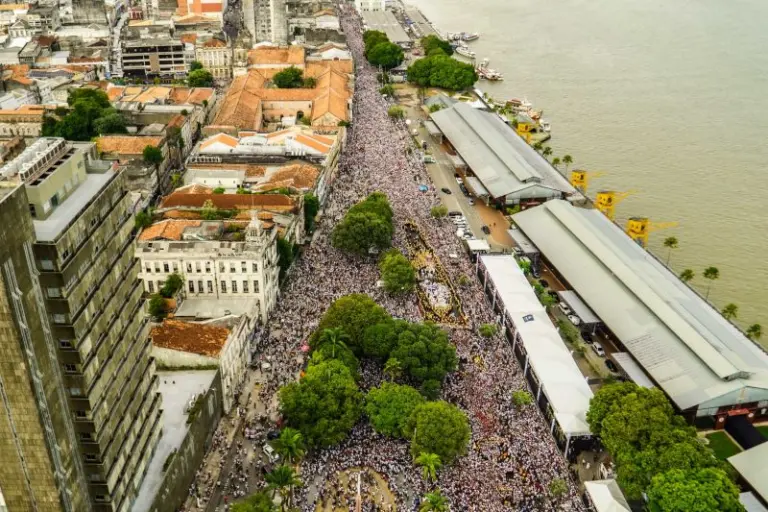As international leaders, corporations and NGOs gear up to discuss efforts to tackle global warming at the upcoming United Nations Climate Change Conference (COP29) in Baku, Azerbaijan, residents in a crucial region for the climate crisis show they have very different priorities.
On Oct. 6, voters in the Amazon chose its mayors and councilors for the next four years, deciding as much about the rainforest’s future as authorities in international forums.
Many politicians who openly oppose conservationism were elected. Two of the seven Amazon states’ capitals elected candidates supported by former President Jair Bolsonaro, a climate denialist who empowered illegal miners and land-grabbers during his government from 2019-22.
“The rise of the far right is very visible in the Amazon states,” Wendell Andrade, public policy specialist for the Amazon at the Talanoa Institute, a Brazilian think tank committed to climate policy, told Mongabay…
… The centrist and right-wing parties also dominated the elections in the municipalities targeted by the federal government as a priority to control deforestation in the Amazon. Of the 70 municipalities, 69 were decided in the first round, and only two went to left-wing parties, which historically favored environmental conservation in Brazil, according to news outlet ((o)) eco.
The 2024 elections happen during the Amazon’s worst drought ever. Large rivers, like the Madeira, Amazonas, Negro and Purus, reached their lowest levels ever, isolating communities, leading to food and water shortages and damaging local economies. Fire outbreaks have burned the Amazon in Brazil and the neighboring countries. This year’s extreme drought followed another harsh dry season in 2023, which was 30 times more likely due to climate change.
“It’s a development agenda that is bringing a lot of destruction, and yet a large part of the population prefers these candidates,” Maureen Santos, coordinator of policies and alternatives in FASE, a Brazilian nonprofit that helps to promote local and community development, told Mongabay. “We need to study this phenomenon to tackle it more concretely in the next elections”…


